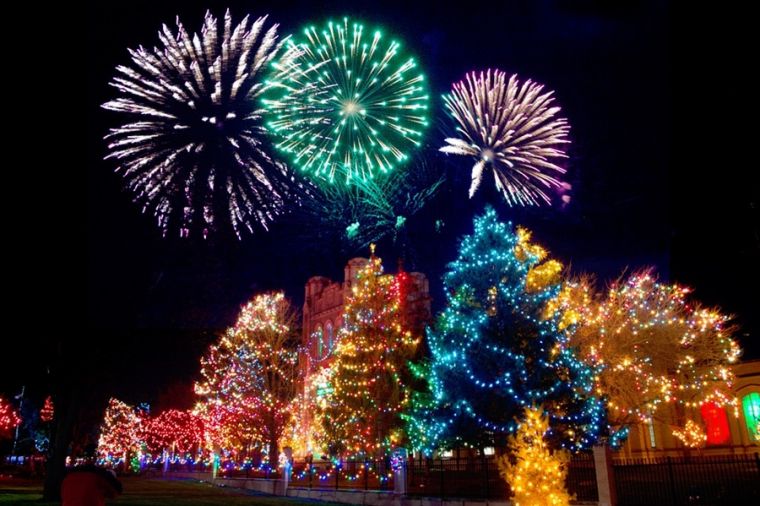People Happier When They See Christmas as 'Religious Feast' and Not Just a 'Cultural Feast,' Survey Says

People who consider Christmas a "religious feast" and not just a "cultural feast" are more likely to feel happier than usual during the Christmas season, a recent survey showed.
The survey conducted by MaltaToday found that people who said they see Christmas as a religious feast, as opposed to those not seeing it as a religious event, are more likely to feel happier.
A total of 77 percent of survey respondents who see the day of the birth of Jesus Christ—one of the most celebrated events in the Christian calendar—as both a cultural and a religious feast said they felt happier than usual during the Christmas season.
The percentage drops to 59 percent among those who primarily see Christmas as a religious feast and to just 32 percent among those who regard Christmas as a cultural event.
While the survey showed that only 4 percent of those who regard Christmas as both a religious and cultural feast are sadder during the Yuletide season, the percentage rises to 11 percent among sad people who regard Christmas as primarily a religious feast, to 25 percent among those who regard it as a cultural feast and to 66 percent of those who regard Christmas as being neither a cultural nor a religious feast.
Meanwhile, the website Meant To Be Happy listed 10 tips on how to find more happiness this Christmas.
Among these tips is for Christians to find a deeper meaning for the season by rededicating their lives to living a Christ-like life of faith and virtue.
The website also urged people to serve someone this holiday season, saying that making someone else's life better will replace a person's sorrow with joy.
it also urged Christians to celebrate the season with forgiveness, offering this "most meaningful and life-changing" gift to people who have offended them.
For people overwhelmed with sadness this holiday season because of loss or divorce or estrangement or distance from loved ones, Meant To Be Happy urged them to create a new "family" of friends with whom they can celebrate Christmas.











